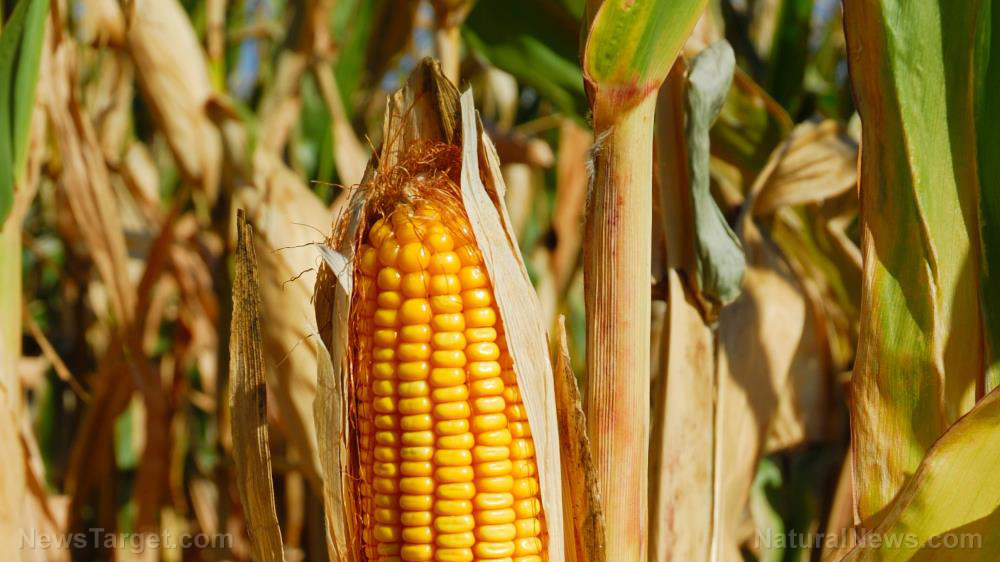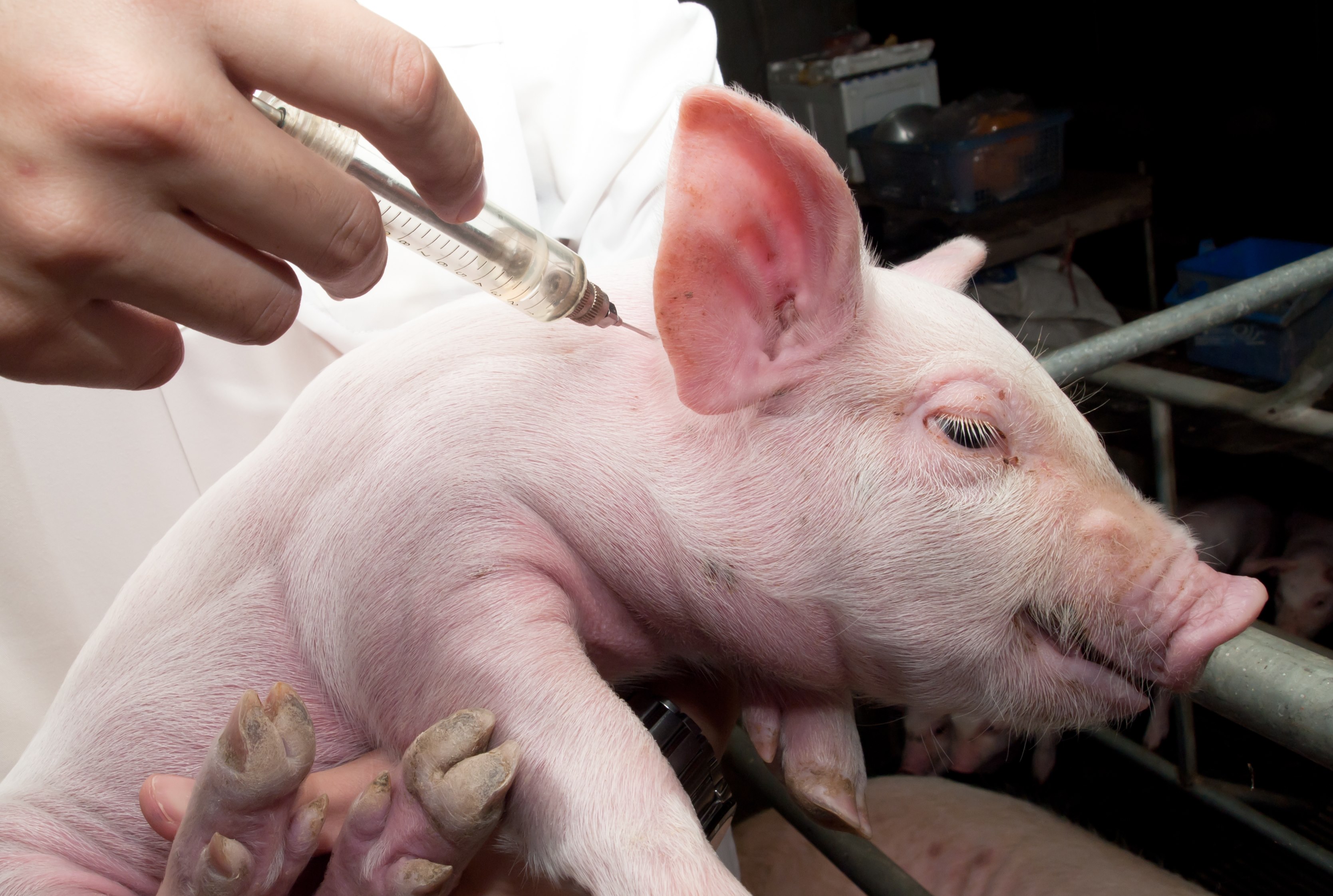
Corn from Brazil is not expected to hit Chinese markets until 2023.
Jose Guilherme Leal, agricultural defense secretary at the Brazilian Ministry of Agriculture, Livestock and Food Supply (MAPA), told Brazilian newspaper Valor Economico on July 14 that Beijing requested Brasilia to monitor some weeds and fungi in crops. According to the official, China's demands were "common requests" in negotiations of sanitary agreements and protocols.
"The protocol provides for the need for monitoring and information on production. As we did not monitor the current second corn crop, I reaffirm that exports will only be possible from the 2022-2023 summer crop onwards," said Leal.
Any corn farmers seeking to export their crops to China must conform to the protocol by reporting crop conditions and disclosing products used to address pests and diseases. Only then can the ministry certify shipments.
The ministry confirmed Leal's remarks to Reuters in an email, adding that technical teams from Brasilia and Beijing "have maintained dialogue with the objective of concluding the technical procedures that will allow the beginning of exports."
Meanwhile, China said it would complete the signing of the quarantine agreement for imports of Brazilian corn – but did not provide an exact timeline. According to Macao News, the Chinese General Administration of Customs finalized an agreement in May to permit imports as an alternative to American and Ukrainian corn.
Cesario Ramalho, institutional affairs head at the Brazilian Association of Corn Producers, confirmed the development, citing a timetable provided by other MAPA officials. However, he remarked that shipments to China have not yet commenced as the Asian giant is yet to approve certain types of genetically modified corn authorized by Brazil's National Technical Commission on Biosafety.
According to Ramalho, Brazil should export its corn to as many markets as possible to avoid dependence on just one buyer.
China already hoarding corn before Brazil deal
But even before Beijing and Brasilia sat down to ink a deal for the latter's corn exports, China had been buying up corn from the U.S. in record amounts.
Back in July 2020, the U.S. Department of Agriculture (USDA) said corn exporters sold 1.937 million metric tons (MT) of corn crop to China amounting to $325 million. The deal surpassed a sale earlier that month involving 1.762 MT of corn. (Related: China buying up American corn due to flooding, creating food shortage crisis.)
According to reports, China has been ramping up imports of American corn since March 2020. Much of the corn imports were sent to animal feedlots in the Asian country, following Australia's embargo of barley exports.
In a separate report, the USDA said soybean sales to China also rose to 1.925 MT that month. The record sale was the biggest weekly total recorded since Nov. 17, 2016.
Meanwhile, the Epoch Times reported that Chinese agribusiness company Fufeng Group is planning to establish a corn processing facility in Grand Forks, North Dakota. The Hong Kong-listed Fufeng has several subsidiaries worldwide, but most of its production facilities are located in northeastern China. Fufeng USA Inc., the company's American subsidiary, will be in charge of the North Dakota facility.
The "wet corn milling" plant, which would use a manufacturing process centering on the fermentation of cornstarch, is expected to consume around 25 million bushels of corn annually. It will churn out corn gluten meal, corn gluten feed, lysine and threonine mainly for use in animal feed.
Fufeng's North Dakota plant, estimated to be about $350 million, is expected to be fully operational by 2024 or 2025.
Crops.news has more stories about corn exports worldwide.
Watch Ice Age Farmer below talking about countries such as China hoarding food crops.
This video is from the Buzzand_NZ channel on Brighteon.com.
More related stories:
Corn, soybean, wheat, oat planting in the US now far behind their five-year averages.
Lack of rainfall in the Midwest causing dramatic rise in corn prices.
Sources include:
Please contact us for more information.





















